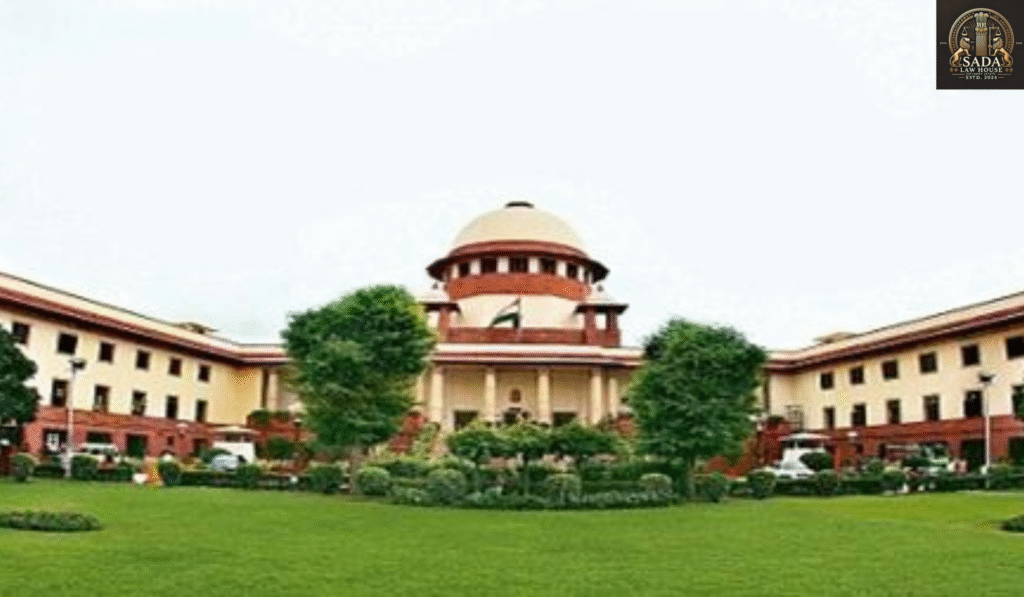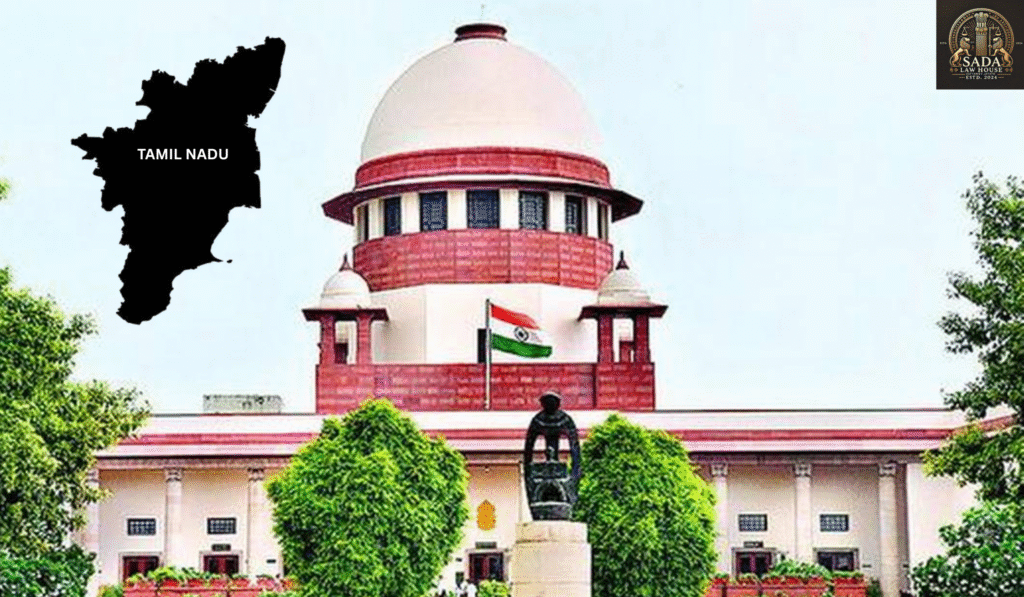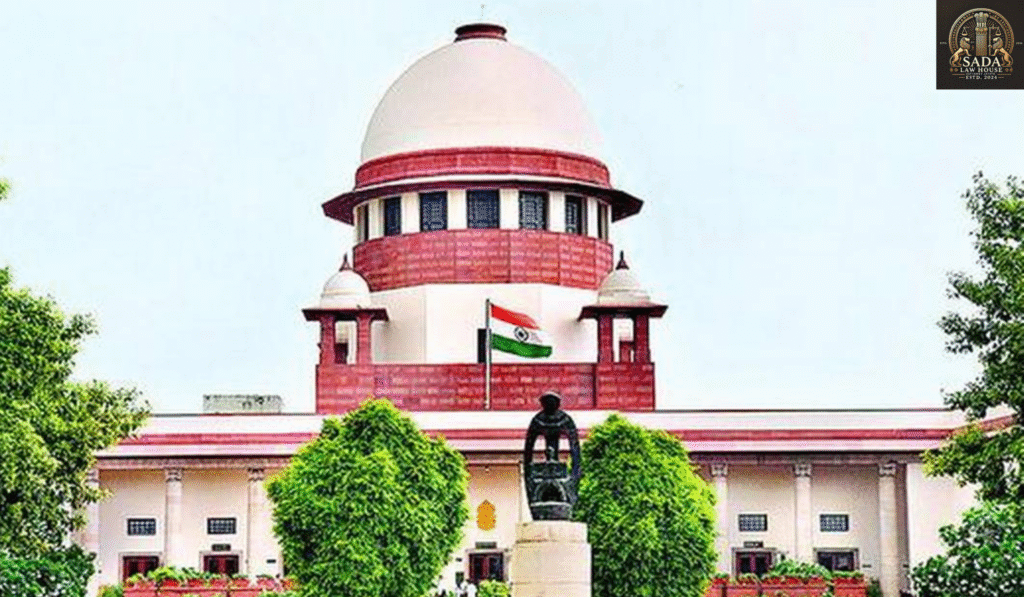SC Calls SIR Confusion a “Trust Deficit”; EC: Objections Accepted After Deadline
Trending Today SC Calls SIR Confusion a “Trust Deficit”; EC: Objections Accepted After Deadline “Hydrogen Bomb Ahead”: Rahul Gandhi Vows Exposure of Massive Vote Theft Supreme Court Seeks Centre’s Reply to Tamil Nadu Plea on EWS Quota Reimbursements System that lets rapists walk free: Supreme Court Restores Conviction of Men Who Raped 12-Year-Old Supreme Court Calls for Paralegal Volunteers to Assist Voters in Bihar SIR Exercise LEGAL INTERNSHIP OPPORTUNITY AT CYRALAW LEGAL JOB OPPORTUNITY AT CENTRE FOR CIVIL SOCIETY LEGAL JOB OPPORTUNITY AT MALABAR GROUP LEGAL JOB OPPORTUNITY AT AMLEGALS LEGAL INTERNSHIP OPPORTUNITY AT DESTEK INFOSOLUTIONS SC Calls SIR Confusion a “Trust Deficit”; EC: Objections Accepted After Deadline Shivani Garg Introduction The Supreme Court weighed in on the controversy surrounding Bihar’s Special Intensive Revision (SIR) of electoral rolls, terming the confusion a matter of “trust deficit” between political parties and the Election Commission (EC). While the Court refused to extend the September 1 deadline for filing claims and objections, it introduced measures to strengthen transparency and voter support. Supreme Court’s Observations Trust Deficit: A bench of Justices Surya Kant and Joymalya Bagchi emphasized that the SIR issue reflected a lack of trust between political parties and the EC. No Extension of Deadline: The Court declined requests to extend the September 1 cut-off, asking parties instead to “activate themselves” to mobilize voters. Facilitating Participation: The Court sought a balance between electoral fairness and administrative efficiency. Election Commission’s Stand Post-Deadline Claims Allowed: The EC clarified that claims, objections, and corrections can still be filed after September 1. Condition Applied: Such submissions will only be processed after the final roll is published, and only until the last date of nomination in each assembly constituency. Timely Roll Finalization: Senior Advocate Rakesh Dwivedi, representing the EC, cautioned that deadline extensions could derail the roll finalization process. Deployment of Paralegal Volunteers Role of Bihar Legal Services Authority: Directed by the Supreme Court, paralegal volunteers will help voters and parties file claims and objections in the proper format. Accountability Mechanism: Volunteers will file confidential reports with district judges by September 8, ensuring oversight and reducing mistrust. Bridging Trust Gap: This measure seeks to instill confidence among stakeholders in the electoral process. Key Numbers Draft Electors: 2.74 crore Documentation Status: ~99.5% of electors have already submitted eligibility documents. Risk of Delay: The EC stressed that relaxing deadlines may disrupt timelines crucial to upcoming polls. Analysis Trust vs. Procedure: The Court acknowledged trust issues but avoided altering procedural timelines. Balance of Rights: By allowing post-deadline claims under conditions, the EC and Court sought to preserve both voter inclusion and administrative order. New Transparency Mechanism: Paralegal volunteers mark a novel intervention to monitor fairness in electoral roll preparation. What Lies Ahead Monitoring Reports: District judges will receive volunteer reports by September 8. Election Readiness: The EC will finalize rolls on schedule to maintain the electoral calendar. Political Impact: Parties will have to rely on grassroots mobilization and volunteer-driven support instead of deadline extensions. Conclusion The Supreme Court’s intervention in Bihar’s SIR process underscores the delicate balance between electoral integrity, administrative discipline, and public trust. While deadlines remain intact, the introduction of paralegal volunteers could set a precedent for enhancing voter participation and transparency in future elections. Leave a Reply Cancel Reply Logged in as Sada Law. Edit your profile. Log out? Required fields are marked * Message* Live Cases SC Calls SIR Confusion a “Trust Deficit”; EC: Objections Accepted After Deadline Sada Law • September 2, 2025 • Live cases • No Comments “Hydrogen Bomb Ahead”: Rahul Gandhi Vows Exposure of Massive Vote Theft Sada Law • September 2, 2025 • Live cases • No Comments Supreme Court Seeks Centre’s Reply to Tamil Nadu Plea on EWS Quota Reimbursements Sada Law • September 2, 2025 • Live cases • No Comments 1 2 3 … 5 Next »
SC Calls SIR Confusion a “Trust Deficit”; EC: Objections Accepted After Deadline Read More »










